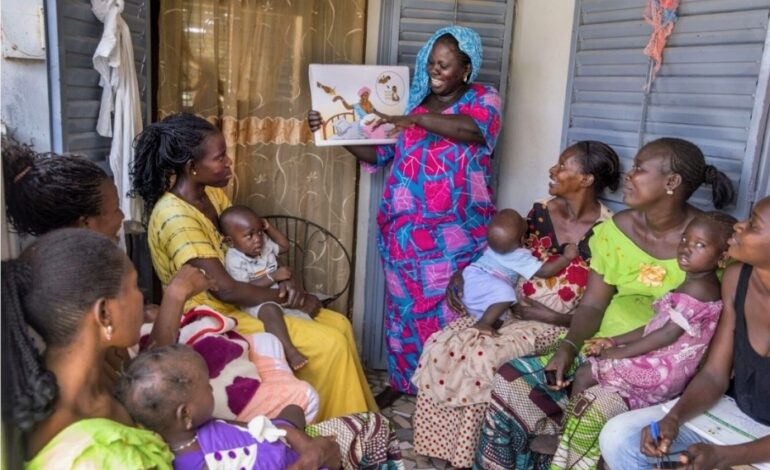
Wayne Lumbasi
The United States has transferred $7.5 million to Equatorial Guinea as part of an agreement allowing the Central African nation to accept noncitizens deported from the US.
The arrangement is an unprecedented move, marking the first time that money from a humanitarian fund has been used to support deportations through a third country.
Officials said the payment came from the Migration and Refugee Assistance Emergency Fund, which was originally created to help people displaced by war, conflict, or disaster. Instead, the money was redirected to compensate Equatorial Guinea for taking in individuals whose home countries have refused to receive them or who have no clear nationality.
The deal reflects a broader effort by the US government to partner with other nations willing to receive deportees who cannot return to their countries of origin. Supporters of the plan describe it as a practical solution to a long-standing diplomatic challenge involving migrants with unresolved legal status. However, the arrangement has raised concerns about oversight and human rights protection.

Equatorial Guinea, led by President Teodoro Obiang Nguema Mbasogo, has faced global attention for corruption and repression. The country’s leadership has been accused of mismanaging public wealth despite its significant oil reserves. Lawmakers in the US have questioned how the payment will be monitored and whether deportees will face risks once they arrive there.
The $7.5 million payment reportedly surpasses the total amount of US aid to Equatorial Guinea in recent years. Officials from the State Department said the transfer complies with legal standards and serves national immigration enforcement goals. They emphasized that it will help manage deportations of individuals who cannot be returned to their home countries.
For Equatorial Guinea, the deal offers both financial benefit and an opportunity to strengthen ties with the US. For the United States, it signals a new approach to managing deportations by working directly with countries willing to accept noncitizens.
As the program moves forward, many questions remain about the welfare of those affected and how such agreements might shape the future of US immigration policy.
MORE ON EQUATORIAL GUINEA
PUTIN & EQUATORIAL GUINEA’S OBIANG DISCUSS STRATEGIC PARTNERSHIPS IN RUSSIA








